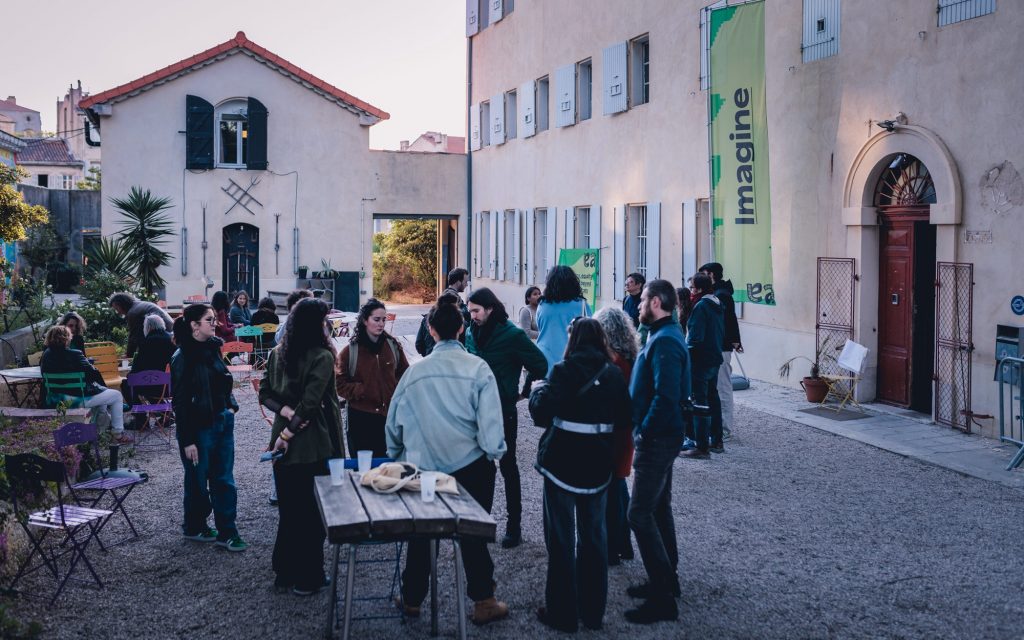Jul 1, 2024
A common space of alternatives
The closing assembly of the TEA project was embedded in the European Common Spaces for Alternatives initiative, so as to ensure a wide inclusion of diverse social rights movements from all over Europe. The title of the assembly was: “For a social, feminist, antiracist, ecological, peaceful and democratic Europe. To face the rise of the far right we need to build inclusive societies”.
While we have a large number of thematic networks in Europe, we no longer have a common space for all the social and citizens’ movements that would enable us to share our experiences and challenges and develop joint initiatives and mobilisations. From all corners of Europe, individuals and collectives are taking to the street, establishing solidarity around specific issues, like the right to decent housing, the fight for climate justice, the defence of vulnerable populations and international solidarity.
At the same time, we are facing major and often dramatic challenges in Europe. Global warming is already having catastrophic effects, with increasing numbers of forest fires, floods and heat waves affecting human populations and all ecosystems. Migration routes are less and less safe while Member States refuse to adopt an approach to migration based on inclusion and solidarity rather than integration and erasure of cultures. The cost of living is rising rapidly and threatening the living conditions of the majority of the population, to mention just a few of these challenges. Democratic spaces of expression and organisation are closing, civil liberties are under attack. For all of these reasons, it is important to continue building solidarity ties at local, national and transnational level.
Over the last two years, popular assemblies but also numerous meetings and conferences have provided an opportunity to discuss this absence and to make a modest attempt to rebuild this common space.

